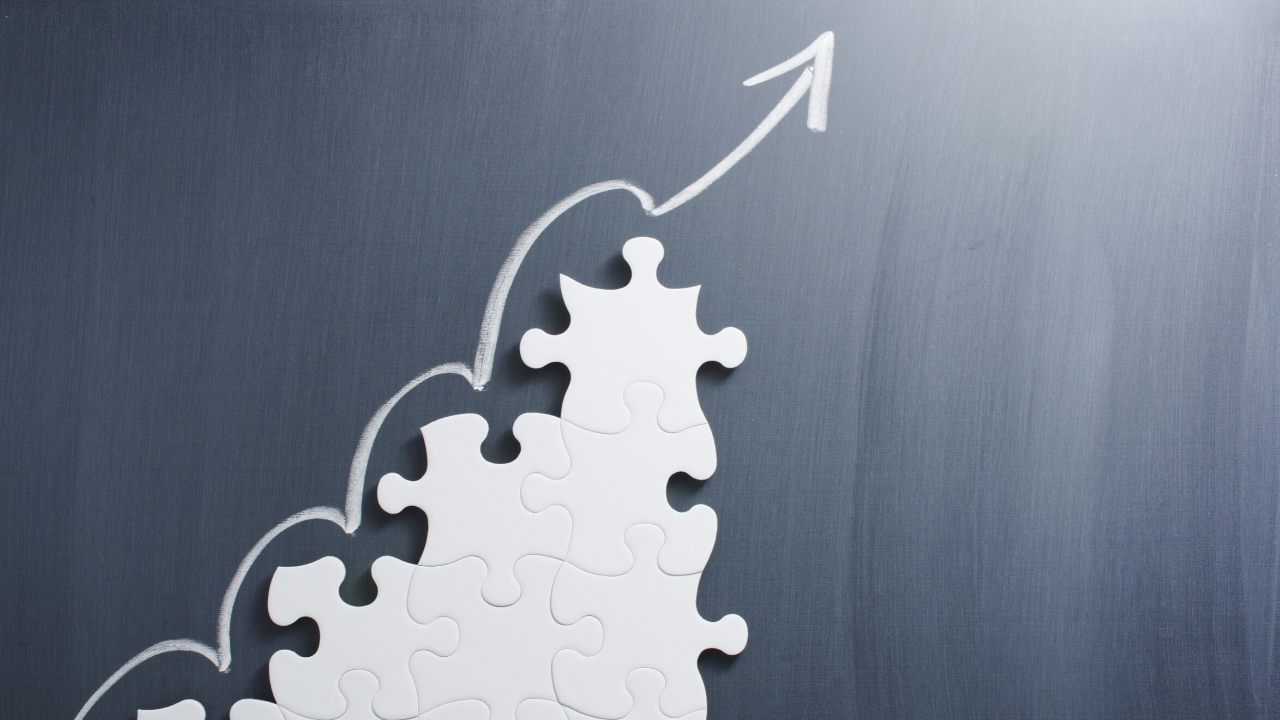Self-Care is a Boundary

You may have started the healing journey not knowing how to take care of yourself, always highly focused on taking care of others and making sure they were happy. As we know now, this is a coping strategy. Keeping the focus on others, keeping the peace, and staying out of trouble are all survival strategies many of us took on as children. It worked as a strategy in childhood, but now we don't know how to turn to meet our own needs once we've grown up.
Ongoing self-care is an important part of healing after trauma. When you take care of yourself, you learn what you like, what you want, what you need, and what you can do to meet those needs. You slowly learn to listen to your body and respect what it needs from you to take care of it.
The biggest reason we struggle with listening to ourselves is that no one listened to us when we were young, especially when we were hurting and in pain. Since we learned very early on that there was no one to talk to and that how we felt did not matter,...
How I'm Managing With the Stress of These Times

The Healing Power of Kindness

My Story of Hope and Healing (And A Video Interview!)
A couple of months ago, I was asked to contribute to a new training on child sexual abuse prevention by being interview for a training video, to help adults understand why prevention is important and to also share some hope from my own healing journey. This video was made to further spread awareness about the work of Restore Hope, an Oregon based nonprofit that is dedicated to keeping children and teens safe from sexual abuse and helping survivors heal through education, prevention training, and survivor support. (You can learn more about Restore Hope here.)
As a survivor of child sexual abuse, I found my voice as a child sexual abuse prevention educator 10 years into my healing journey, when I realized if I had been given the tools to ask for help, that chances are I would not have suffered as long as I did. I thought that it was hard to speak about this topic because I was a survivor and it carried so much shame for me. But when I saw professionals in my training, highly educated pe...
Self-Care is a Vital Part of Healing

Focusing on our health is always important, but it is especially vital as you heal after trauma. And with all the added layer of stress that the world is dealing with at this time (between politics and the current outbreak), I want to gently remind you to take time for self-care.
An overwhelmed body is a dysregulated body that is more likely to miss important cues about needing rest and unplug from the news and social media. Yes, we want to stay informed but we must also be mindful of the impact worried thinking can have on our feelings and create additional stress in the body.
Learning about self-care was part of my healing journey after trauma. I had learned a lot about trauma. I understood the impact but had been fortunate with a healthy body, so the long term impact had not shown up in my biology except for very painful migraine headaches and depression. The toxic level of stress I had lived with my whole life had not registered yet.
Back then, my self-care (which wasn't really ...
How to Create Healthy Boundaries

I was victimized as a child by my stepfather, a person I trusted, looked up to, and loved. Yes, I did love him. That’s why it was hard to understand why he would sexually abuse me, or why he would do something that left me confused, ashamed, and in pain.
As an adult, I continued his cycle of abuse by turning it inward on myself. The anger and fear I experienced as an abused child became self-loathing and self-hatred. I used alcohol, smoking, and sex to numb the pain. I also tried to play the role of "miss perfect" to hide my truth. I tried to make everyone happy so they would not see the truth about how I was really feeling. Even worse, I put myself in high-risk situations and bad relationships where I would be abused again and again.
It was a vicious cycle.
But that’s not all. I turned the anger, pain, and shame outward toward others as well. I manipulated people to get what I wanted. When the shame overwhelmed me, I withheld love or affection to punish and blame others for my circumstan...
Why Am I Not Moving Forward in My Healing?

For many years, I felt stuck in my healing. I didn’t feel the changes I was attempting to make and constantly felt like I was doing something wrong. I asked myself for a long time, “Why am I stuck? Why do I always fall back to my old destructive ways?”
So many people would diagnose me when I shared my frustrations, easily coming up with answers to what was “wrong” with me, why I was struggling in my healing. But very few of them could actually help me heal. It became really frustrating and I was very discouraged.
Now I know why and I can look back and see what piece of the puzzle I was missing. My healing wasn’t the task of these other people. It wasn’t a problem I could present to others to fix, to sort out for me, or to even have specific answers to. How could they? They didn’t know all of me and all the unique circumstances of my trauma. It wasn’t their job to fix me. It was my job. I finally realized that I had to take all the information I had gathered about recovering from chil...
Using TRE® For Stress Relief

A few weeks ago, I was asked to talk about how to release tension and trauma from the body with TRE® (Tension & Trauma Release Exercises) as a part of self-care education for a local Children's Advocacy Center. This was being offered as a part of staff development day, and for board members, volunteers, educators, forensic interviewers, and staff.
Before I led the group through TRE®, the group was learning about "Presenting for Impact," strategies and best practices for presenting in front of people. For most people, public speaking is uncomfortable but with practice, it does become easier. The presenter leading this session did a great job sharing how to make a bigger impact with our speeches, from catchy headlines to using examples to teach a new concept or personal stories that people can relate to that demonstrate the main points. It was a power-packed and super informative session. My favorite part was how she used funny videos to show the group what not to do.
She also touche...
Why Survivors Can Become Perfectionists

Perfectionism and shame are two sides of the same coin. People strive to be perfect because of their shame and then feel even more shame because they are never able to reach perfection. It is an endless cycle, exhausting and terrible, and one that takes us out of reality.
This is why perfectionism and shame are the “terrible twins” of trauma. Perfectionists are hiding something, whether that be trauma, an imperfection, insecurity, or an old belief about themselves. If they weren’t, they wouldn’t be so hard on themselves and everyone else.
And it isn’t out of logical judgments and criticisms. It’s fear. Perfectionism is a defense, a way to feel safe and attempt to prevent bad things from happening. When childhood trauma happens, the child automatically decides that the bad thing only happened because he/she was bad and deserving of it. Something he/she did or something he/she is brought on the bad things. This is a logical response to trauma at a young age because we are born needing...
Learning to Let Go of Control

All survivors of child abuse have control issues, whether they are aware of it or not. And I was no exception. I grew up in a home that was out of control. I had no power over what was happening or the abuse inflicted upon me. And because of that, as soon as I was out of that environment, I sought to take control whenever and wherever I could to make up for the lack of power I felt growing up. My inner child was reacting to the adult world in defense, controlling all in order to possibly prevent any further harm from coming to her and I. Consequently, I spent many years being a terribly controlling adult.
But it took me a long time to realize that I was. Child abuse survivors are so disconnected from their bodies and emotions that we don’t know we’re control freaks. And we have no idea why we desperately crave control. We just need it to be that way to feel safe and it feels so risky to even question why.
I was an extreme case. I would actually complete other people’s sentences for t...